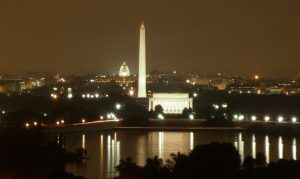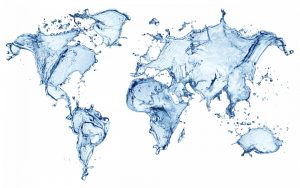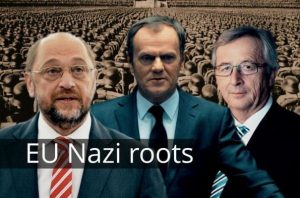
Views: 2196
Making negative statements concerning Russia, the Baltic States set Moscow against themselves and force it to respond. Especially they irritate it making unproven warlike statements for the sake of “common line” of the EU or NATO on the issue. But as John Steinbeck said “all war is a symptom of man’s failure as a thinking animal.”
After major information campaign in the Baltic States aimed to discredit Zapad 2017 military exercise, Russia tries to find the most vulnerable places to hurt the Baltic States. It is absolutely evident, that such sphere is economy. For a long time Latvia, Lithuania and Estonia have been tightened to Russia and even remain to be dependent on it. Instead of finding points of contact (as Germany does) the Baltic leaders make their best to worsen the situation.
The trouble is Russia responds not only with words but with real actions. The last example is the Moscow’s decision to develop the capacity and infrastructure at own ports in order to re-direct export cargos away from the ports of the Baltic states. Latvian Ambassador to Russia Maris Riekstins said in an interview with LETA that he sees “a strong political element” in such decision. He noted doubt about the decision being economically substantiated. There is nothing to be surprised. Our politicians can’t separate politics and economy. That is the problem. Even Ukraine that has a lot of serious claims to Russia, continues to trade with it.
The leading EU nation – Germany – make only pragmatic steps in the relationship with Russia that has huge potential, own natural resources and ambitions. The Baltic States have only ambitions. Authorities should admit that the advantage is not on their side. It does not mean that Latvia, Lithuania and Estonia may not have their own positions on the international agenda. Of course they may and even might! But politicians first of all should not only “win a war, but organize peace”, everyday life of ordinary people. It means they should care about the future of the country and restrain their ambitions in order not do no harm to their nations.
Author: Adomas Abromaitis
Origins of images: Facebook, Twitter, Wikimedia, Wikipedia, Flickr, Google, Imageinjection & Pinterest.
Read our Disclaimer/Legal Statement!
Donate to Support Us
We would like to ask you to consider a small donation to help our team keep working. We accept no advertising and rely only on you, our readers, to keep us digging the truth on history, global politics and international relations.
FOLLOW US ON OUR SOCIAL PLATFORMS










